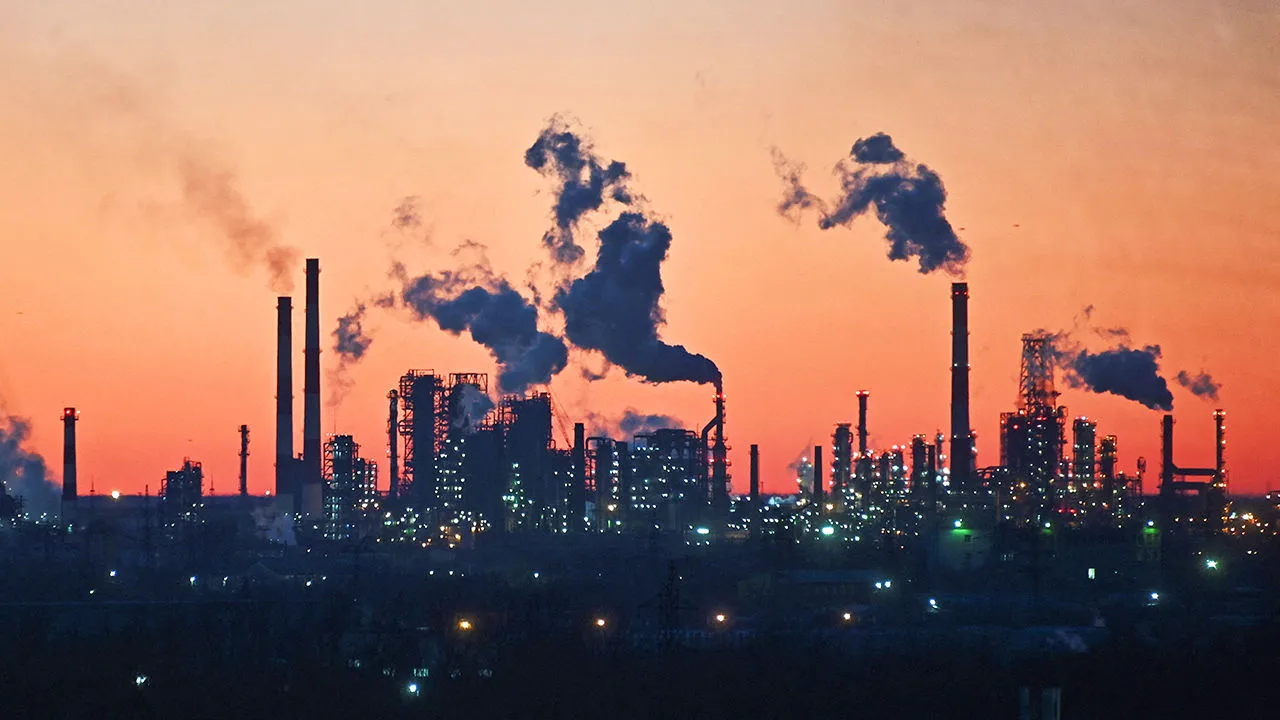A prominent Russian economist has argued that Ukraine’s recent strikes on Russia’s oil infrastructure are among the most effective tactics used in the war so far. He explained that while the attacks won’t end the conflict on their own, they are causing significant strain on Russia’s economy and fueling discontent at home.
Why Oil Targets Matter
The economist noted that destroying refineries and petrochemical plants inflicts deeper damage than hitting smaller military workshops or drone factories. Oil facilities are far harder to repair, with downtime stretching into weeks or even months due to sanctions and difficulties in sourcing replacement parts.
Unlike other targets, damage to oil refineries has an immediate effect on daily life. Fuel shortages are spreading across parts of Russia, with long lines at gas stations, rationing, and rising prices for gasoline and diesel.
Scale of the Impact
Ukraine’s campaign has reportedly disabled about 17% of Russia’s refining capacity—over a million barrels per day. Some of the facilities hit are located deep inside Russian territory, far from the front lines, showing Ukraine’s ability to strike at the heart of Russia’s industrial base.
Economic and Social Fallout
Because oil exports form a major pillar of Russia’s federal budget, cutting into refining operations reduces government revenue. This forces Moscow to divert resources and creates additional economic challenges. Meanwhile, ordinary citizens are already feeling the pinch through higher transport costs and fuel shortages, which could build domestic pressure on the government.
Limits of the Strategy
While the strikes are effective, experts caution that they will not cripple Russia’s war machine outright. The military remains functional, and the government is expected to strengthen defenses around key oil infrastructure, deploying advanced anti-drone and missile systems. These measures, however, will be costly and could stretch Russia’s resources further.
What Lies Ahead
If Ukraine continues to escalate strikes on oil facilities, the economic toll could grow, creating ripple effects not only inside Russia but also on global energy markets. For Moscow, keeping its energy lifeline intact while under constant threat may become increasingly difficult, especially as sanctions restrict access to vital repair parts and technology.
















Leave a Reply